About Never Alone
Never Alone Treatment Center sits in a thirty two acre mountain setting in Hurley, New York, not far from the Catskill Mountains. It’s a long term residential program for adolescents ages 12 to 17 working through addiction. The care here looks at the whole person, mind, body and emotions so healing can happen on all levels. Everything is formed around what teens need at this point in their lives and the challenges they’re facing.
Camplike Experience with Daily Routines
Teens participate in a camplike experience while they work on recovery, with structured daily routines that can include therapy, school style workshops, and things like art or outdoor time to help them grow. Some kids stay for 90 days, while others might need up to a year or more depending on their situation and what kind of support they need.
Medical Detox and Aftercare Support
Medical detox is available with staff who monitor symptoms to keep things safe and comfortable. After treatment, teens get ongoing support that includes relapse prevention and peer connections to help them ease back into daily life. They accept private insurance and Medicaid, and they have self pay options.
A Whole Person Approach with Physical, Emotional and Spiritual Support
They offer a lot of options to support your teen physically, emotionally and spiritually. Basketball and volleyball courts, hiking trails, and access to nature all encourage your teen to stay physically active. For therapy and relaxation, there are rooms for art and music therapy, a game room, and quiet spaces for meditation.
Living accommodations include air conditioned rooms with shared bathrooms and outdoor areas, all arranged in gender specific housing. A maximum of 22 patients ensures personalized care and close attention to each child’s needs.
Help for Those Impacted by Violence or the Legal System
They also work with teens who’ve been through tough situations. For instance, they have counseling for anyone dealing with trauma, like abuse or violence. There’s also help for youth involved in the criminal justice system, although that does not include DUI or DWI cases.
Building Confidence Outside the Therapy Room
This program uses real life activities to help teens heal in ways that talk therapy alone can’t always reach. Your child will get to try things like hiking, camping and rock climbing along with art, music, and working with horses. These experiences can help them build confidence, learn how to work with others, and find healthy ways to cope. A gym and a hair stylist are also on campus and can make a big difference in how your child feels about themselves while still having fun.
Nearby Catskill Mountains, Hudson River, and historic Kingston all offer peaceful places and recreational activities to spend time in nature or explore the community. These spots can be part of recovery by giving teens a chance to relax, stay active and feel more connected.
Addiction Treatment Programs
Alcohol Rehab
Alcohol rehab in New York helps clients find the motivation to make a change and gives them the tools to achieve long-term sobriety. Alcohol programs address the mental, emotional, and relational issues that may contribute to addiction. You’ll learn to build a new support network that supports your long-term sobriety.
Dual Diagnosis
People with a dual diagnosis may be using substances to self-medicate. A high-quality rehab in New York can address both issues and help you reach recovery. Along with traditional evidence-based substance use treatment, clients may receive mental health counseling, medication, peer support, and other tools to help them manage their mental health.
Opioid Addiction
A treatment program in New York can give you the tools and skills you need to overcome opioid addiction and reclaim your life. These treatment programs offer detox, inpatient treatment, and outpatient care. You may receive individual, group, and family counseling, peer support, and classes in essential life skills.
Young Adult Rehab
When people join a young adult rehab in New York, they learn key life skills while receiving treatment. Along with traditional evidence-based treatment, clients may receive educational support, employment training, and help securing housing.
Adult Program
Adult programs in New York address a wide range of substance use issues while also helping clients with concerns such as raising children or building a career. Along with traditional evidence-based treatment, clients may receive employment support, parenting classes, and help securing housing.
Men's Rehab
A men’s rehab in New York addresses the unique needs men have and allows them to build relationships in a gender-specific environment. Along with traditional evidence-based treatment, clients may receive education on topics relevant to men, such as fatherhood, healthy relationships, emotional vulnerability, and more.
Women's Rehab
Those who join a women’s rehab program in New York are given training in key life skills to help them address their unique challenges. Along with traditional evidence-based treatment, clients may receive help with childcare, classes in parenting, and advice about being a working mother and building healthy relationships.
Insurance Coverage
Medicaid
Paying for rehab in New York can be done in multiple ways, including using Medicaid if you qualify. Medicaid covers multiple levels of care, and you may have no out-of-pocket costs. However, you’ll need to choose a treatment center that accepts Medicaid.
Private insurance
There are many ways to pay for rehab in New York. One option is private insurance. Your insurance plan can pay for some or all of the costs of rehab, especially if you choose a center that’s in the plan’s network. Be sure to check with the insurer to get full details.
Self-pay options
There are many ways to pay for rehab in New York, including self-pay. When you pay yourself, you have maximum flexibility to choose the center you most prefer. You can write a check, get a medical loan from a bank or credit union, or send money electronically. The fee structure may vary depending on the level of care.
Financial aid
Those wondering how to pay for rehab in New York may benefit from looking for financial aid programs. You may be able to find aid through community groups in your area, and individual treatment centers may offer grants and scholarships as well.
Levels of Care
- 1
Detox Treatment
Alcohol and drug rehab in New York generally starts with detox, which lets you start fresh on building a new life. A medical detox program will provide 24/7 supervision by medical staff who can treat withdrawal symptoms with FDA-approved medication and other treatments.
- 2
Inpatient Rehab
Inpatient treatment in New York is led by professionals who help you build new habits and skills to live a substance-free life. Residential treatment allows you to build new relationships and begin to learn how to enjoy life without substance use.
- 3
Sober Living Homes
Even after you finish treatment, recovery is a challenge. Sober living in New York can give you a safe place to live and connect you to the support you need. The end of treatment is far from the end of the story. Sober living gives you a solid foundation of support while you build your new, substance-free life.
Therapies
Cognitive Behavior Therapy
Cognitive behavioral therapy in New York involves being aware of how your thoughts are connected to your feelings and behavior. CBT is a common part of evidence-based treatment programs and may be a part of inpatient treatment, outpatient care, or both. CBT can be empowering as you learn to manage your thoughts and emotions rather than being overwhelmed by them.
Dialectical Behavior Therapy
Dialectical behavioral therapy in New York involves embracing your strengths and building confidence in your ability to make positive changes. DBT is a common part of evidence-based treatment programs and may be a part of inpatient treatment, outpatient care, or both.
Family Therapy
Many people have challenging family backgrounds, and addiction can create unhealthy dynamics as well. Family therapy in New York allows you to address these concerns. Some of the topics covered in family therapy include improving communication, developing healthy coping skills, avoiding codependency and enablement, and learning to support each other in healthy ways that foster recovery from addiction.
Group Therapy
It’s easy to feel isolated when you battle addiction, but group therapy in New York can show you you’re not alone. Group therapy is a normal part of evidence-based treatment programs, and may be a part of inpatient treatment, outpatient care, or both. Topics include addiction education, sharing of experiences, and learning new skills.
Individual Therapy
Individual therapy in New York can provide professional support and accountability as you work through substance use treatment. Individual therapy is a common part of both inpatient and outpatient substance use treatment and may be used to help with skill-building, overcoming trauma, and creating a substance-free lifestyle.
Rational Behavioral Therapy
If you’re struggling with substance use in New York, you may not realize how connected your beliefs and actions are. Rational behavior therapy can help increase your awareness. Learning which irrational beliefs you are most susceptible to can help you challenge unhelpful thoughts, create better interpretations of situations, and choose healthier responses.
Trauma Therapy
Trauma is an emotional response to a terrible event, and some people use substances to numb those emotions. Trauma-informed therapy in New York can help you address what happened and consciously create a healthier response. Trauma-informed therapy sessions generally last 60 to 90 minutes and may include discussing a specific event, talking about emotional triggers, and learning emotional regulation and cognitive restructuring skills.
Accreditations
Location
Contact Never Alone
Top Drug Rehab Centers in New York
-
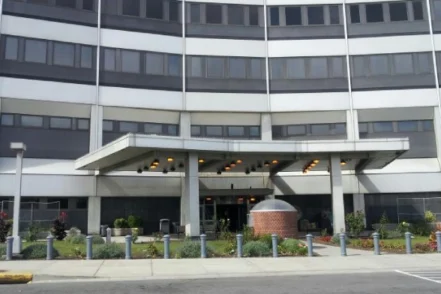 New York
New YorkBronx VA James J Peters Medical Center
130 West Kingsbridge Road Bronx, New York 10468
-
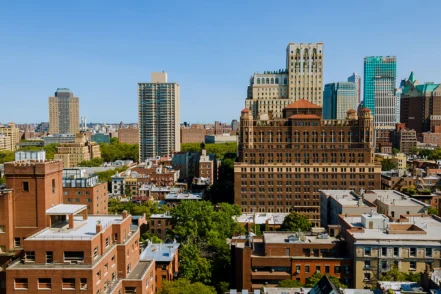 New York
New YorkRealization Center Brooklyn
175 Remsen Street Brooklyn, New York 11201
-
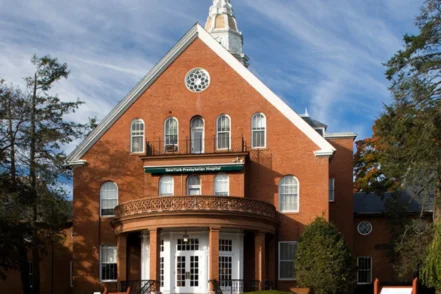 New York
New YorkNewYork Presbyterian Westchester Division
Nichols Cottage Basement Area 21 Bloomingdale Road White Plains, New York 10605
-
 New York
New YorkSaint Josephs ATRC Saranac Lake Outpatient Clinic
12983 Saranac Lake, New York 12983
-
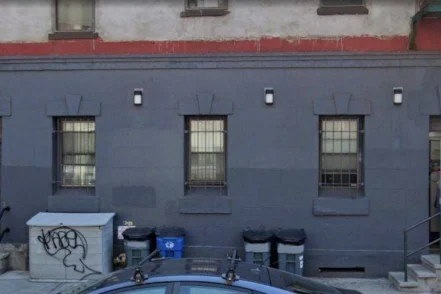 New York
New YorkLaFayette Medical Approach Outpatient
233 Lafayette Street New York, New York 10012
-
 New York
New YorkElmhurst Hospital Center Elmhurst
7901 Broadway Street Elmhurst, New York 11373
-
 New York
New YorkSeafield Outpatient Mineola
110 Main Street Mineola, New York 11501
-
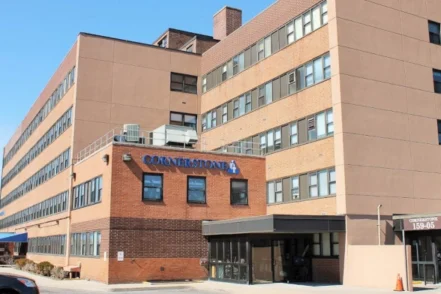 New York
New YorkCornerstone Fresh Meadows
159-05 Union Turnpike Fresh Meadows, New York 11366
-
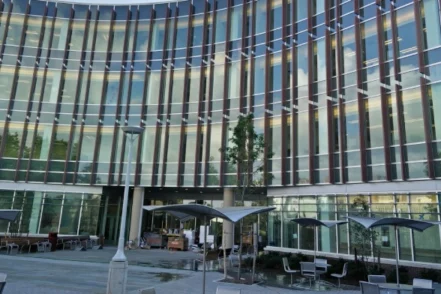 New York
New YorkBronx Addiction Treatment Center
1500 Waters Place, Building 13 Bronx, New York 10461
-
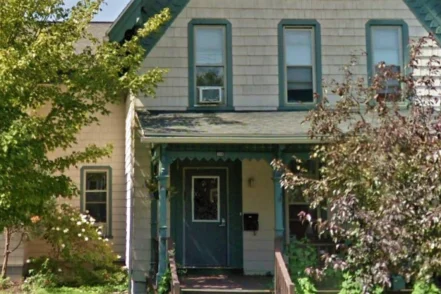 New York
New YorkCredo Community Center Mens Aftercare Community Residence
138 Winthrop Street Watertown, New York 13601
-
 New York
New YorkParallax Center
145 East 32nd Street New York, New York 10016
-
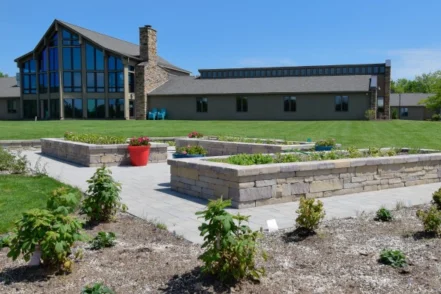 New York
New YorkTully Hill Treatment and Recovery
5821 Route 80 Tully, New York 13159
-
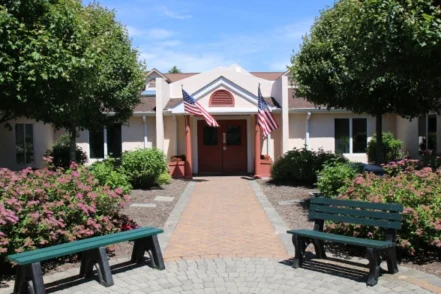 New York
New YorkLong Island Center for Recovery LICR
320 West Montauk Highway Hampton Bays, New York 11946
-
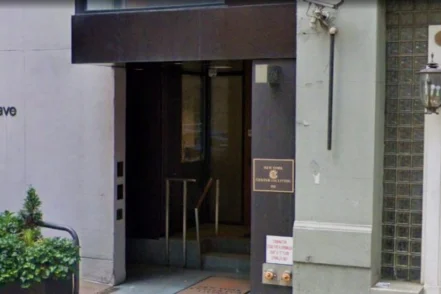 New York
New YorkNew York Center for Living
226 East 52Nd Street New York, New York 10022
Other Popular New York Cities
Browse by New York cities
- Wainscott
- Walden
- Walton
- Wantagh
- Wappingers Falls
- Warsaw
- Waterloo
- Watertown
- Watkins Glen
- Waverly
- Webster
- Wellsville
- West Babylon
- West Haven
- West Haverstraw
- West Hempstead
- West Seneca
- Westbury
- Westhampton Beach
- Westons Mills
- White Plains
- Willard
- Williston Park
- Wingdale
- Woodmere
- Woodside
- Woodstock
- Wyandanch
